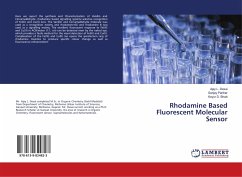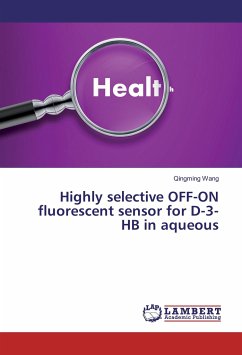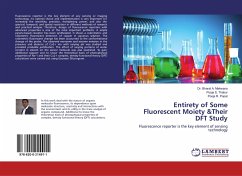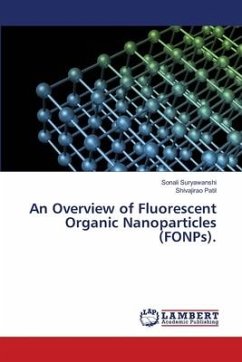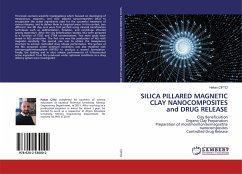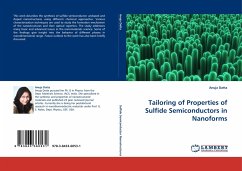In this book, we report the bio synthesis of aqueous stable gold nanoparticles by using Ocimum sanctum leaf extract as both reducing and capping agents. The Ocimum sanctum leaf extract reduced gold nanoparticles (AuNps) were characterized by UV/Vis, particle size analyzer (PSA)and transmission electron mictroscopy (TEM. Additionally, AuNps have been investigated for its application as Turn Off fluorescent sensor for Hg[II]. A concentration of Hg[II] in the limit of 10 M to 10 mM can be detected based on fluorescence quenching of the AuNPs and it was also concluded from the spectroscopic data that AuNPs possess excellent selectivity to Hg[II] over several metal ions like Pb[II], Cu[II], Cd[II], Mn[II], Zn[II] and Ni[II]. We discuss here a quick, simple, economic and ecofriendly method through a completely green route for the selective detection of Hg2+ in aqueous samples. The method has been successfully applied for determination of Hg(II) ions in ground water and industrial effluent waste water samples.
Bitte wählen Sie Ihr Anliegen aus.
Rechnungen
Retourenschein anfordern
Bestellstatus
Storno

![Gold Nanoparticle as a Turn off Fluorescent Sensor for Hg[ii] Ions - Makwana, Bharat A.;Patel, Jinal V.;Bhatt, Keyur D. Gold Nanoparticle as a Turn off Fluorescent Sensor for Hg[ii] Ions - Makwana, Bharat A.;Patel, Jinal V.;Bhatt, Keyur D.](https://bilder.buecher.de/produkte/41/41618/41618357n.jpg)
